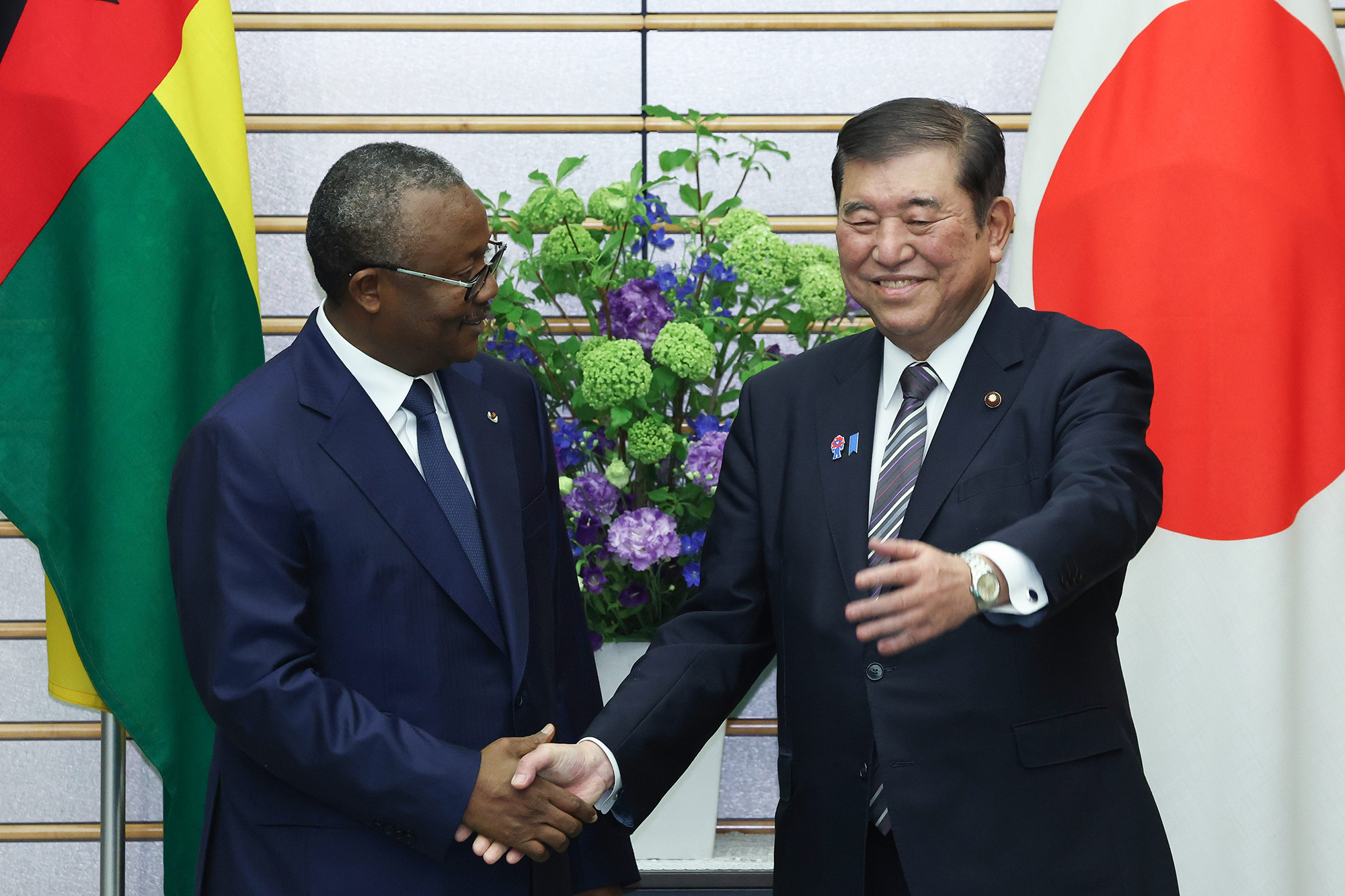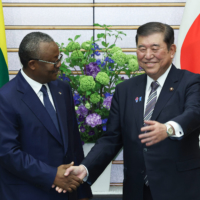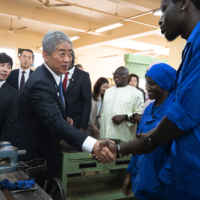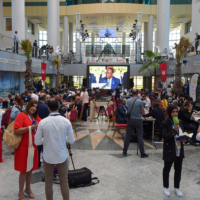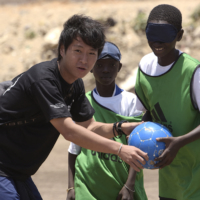Africa is currently the fastest-growing region in the world, both in terms of population and economics. It has also been, however, one of the most vulnerable to disruption from internal and external influences, as the coronavirus pandemic and subsequent global economic crisis demonstrated.
Japan’s relationship with Africa may not be as headline-grabbing as its high-tech gadgets or “culture of cute,” but this partnership of more than three decades has achieved significant gains.
In his recent talk in celebration of Africa Day, Prime Minister Shigeru Ishiba said: “The importance of Africa in the international community has been increasing in recent years. This is evidenced by the African Union’s joining the G20 (Group of 20 leading rich and developing nations) as a full member in 2023, and by this year’s G20 summit being held in Africa for the first time, with South Africa as chair. … Against this backdrop, TICAD 9 will be held in Yokohama in August this year. I hope that TICAD 9 will be an opportunity for … the joint development of innovative solutions that will lead to prosperity for both Africa and Japan.”
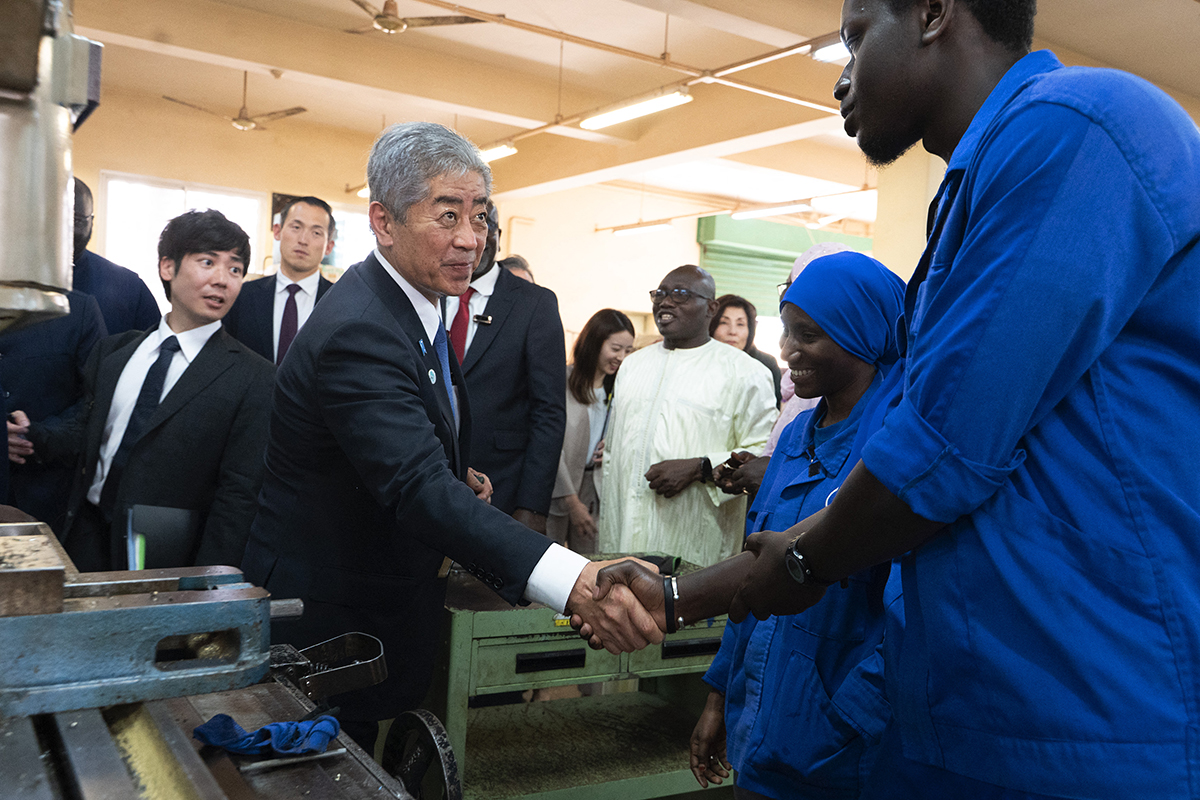
Focus on solutions
The Tokyo International Conference on African Development is an open forum held every three years in which representatives from African nations, Japan, international organizations, academia and the private sector participate in discussions focused on the development of Africa. The event brings together global experts from a wide range of fields, including economics, public health, education, agriculture, urban management and digitalization, to report on their activities and share their ideas for the future. This year’s conference will be held from Aug. 20 to 22 at Pacifico Yokohama.
The theme for this iteration is “Co-Create Innovative Solutions With Africa,” focusing on the possibilities for organizations and businesses in Japan to develop solutions that use new technologies, in cooperation with their African counterparts. “Japan wants to be an equal partner, not just a donor,” said Shuhei Ueno, deputy director general for planning and TICAD process with the Africa Division of the Japan International Cooperation Agency, which is in charge of administering Japan’s official development assistance. “And in this era of digitalization, we want to focus on innovative solutions by working with Africa.”
The first TICAD was held in Tokyo in 1993, at a time when interest in Africa was starting to wane among Western nations, in part because of the end of the Cold War. These first steps showed promise, and further conferences saw growth in the number of delegations and heads of state participating in person.
For TICAD VI in 2016, the event was held in Africa for the first time with Kenya acting as host. Since then, hosting duties have alternated between Japan and Africa, with Tunisia hosting the last conference in 2022.
Throughout this time, Japan has stressed the importance of building peace and stability through collaboration, in keeping with TICAD’s core values of “African ownership and international partnership.” This means developing solutions together with African governments, organizations and people that they themselves will put into action, and encouraging Japanese firms to develop business relationships in Africa. “We really focused on aid at the beginning, but since about 2008, the discussion shifted to investment,” Ueno said. “This started with TICAD V in 2013 with the Africa Business Education Initiative for Youth, bringing African youth to Japan to study in master’s programs in universities and provide them with internship opportunities at Japanese companies.”
Youth in the spotlight
Through TICAD, JICA has also been encouraging the growth of African-owned businesses. “TICAD 7 focused on innovation, after which we started Project Ninja to support new startups in Africa,” Ueno said. “And after TICAD 8 in 2022, we started Home Grown Solutions focusing on health systems and pandemic prevention, supporting African companies producing medicine or health care equipment, as we found that during COVID there were not many African companies producing this equipment, which instead had to be imported.” These programs have helped to spur economic growth, encourage young entrepreneurs, and build resilience by ensuring vital goods are not as dependent on overseas supply chains.
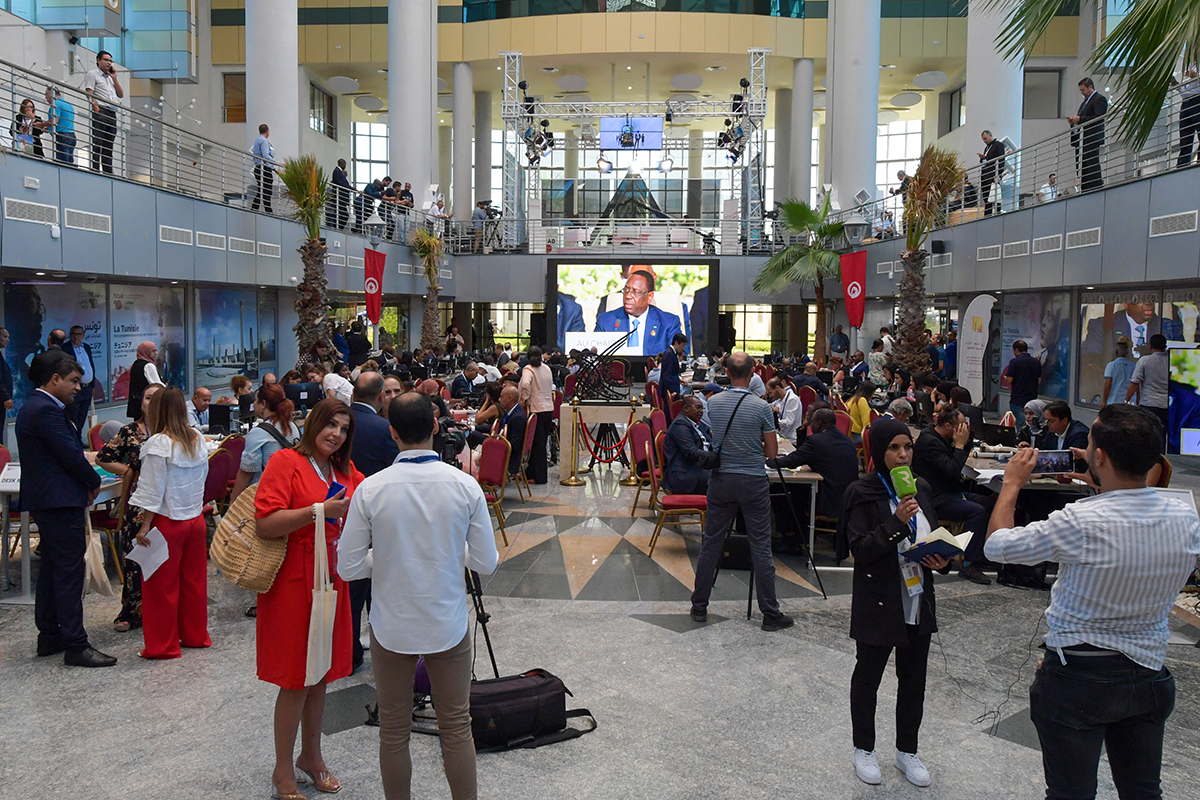
According to Ueno, an additional focus of the conference for JICA is youth. In contrast to Japan, whose population has become one of the most aged of the developed nations, Africa is the most youthful region on Earth, and supporting health, education and opportunities for young people here is a vital key to ensuring long-term stability and sustainable growth. “From the beginning, JICA’s focus has been youth, and their voices should be more important. For Japan’s future, we need Africa’s growth, we need to engage with Africa and with Africa’s youth.”
Amid this progress, there are still challenges ahead, but a broad road map is forming. The African Continental Free Trade Area has been ratified by 48 nations, making it the second-largest free-trade area after the World Trade Organization. Together, the members have been working to lower internal barriers to trade and labor, improving economic conditions and standards of living.
“Currently, one bottleneck is that there is not much internal trade,” Ueno said. “Right now, many countries trade directly with Europe, the U.S. or Japan, but they can increase their economies by increasing inter-Africa trade. After TICAD 8, JICA’s president signed a memorandum of cooperation with AfCFTA because this has a lot of potential to reduce barriers and improve food security and economic growth. My hope is that by TICAD 10 (tentatively scheduled for 2028) there will be more African continental initiatives for development.”
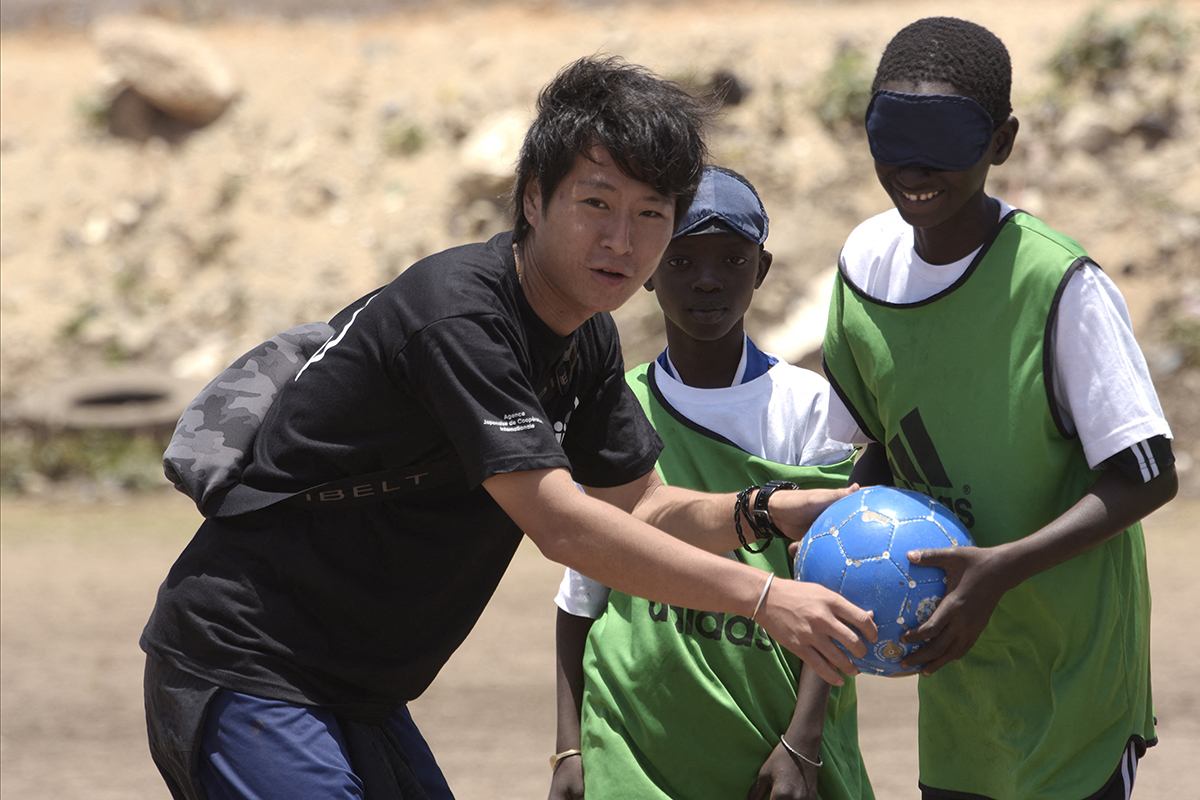
Benefits for the people
TICAD 9 is not only for foreign policy professionals and entrepreneurs, however. There will be a wide range of events for the public in and around Pacifico Yokohama from Aug. 19 and continuing until Aug. 22.
“TICAD is an opportunity to engage with Africa on an individual level, and culture should be a part of that,” Ueno said. “We plan to organize roughly 40 events at TICAD 9, focusing on art, music and cultural heritage.” Details are available at the official TICAD 9 website (https://www.mofa.go.jp/region/africa/ticad/ticad9/index.html). Furthermore, the city of Yokohama is holding its own Africa Month with additional cultural events open to the public (https://ticad9.city.yokohama.lg.jp/).



